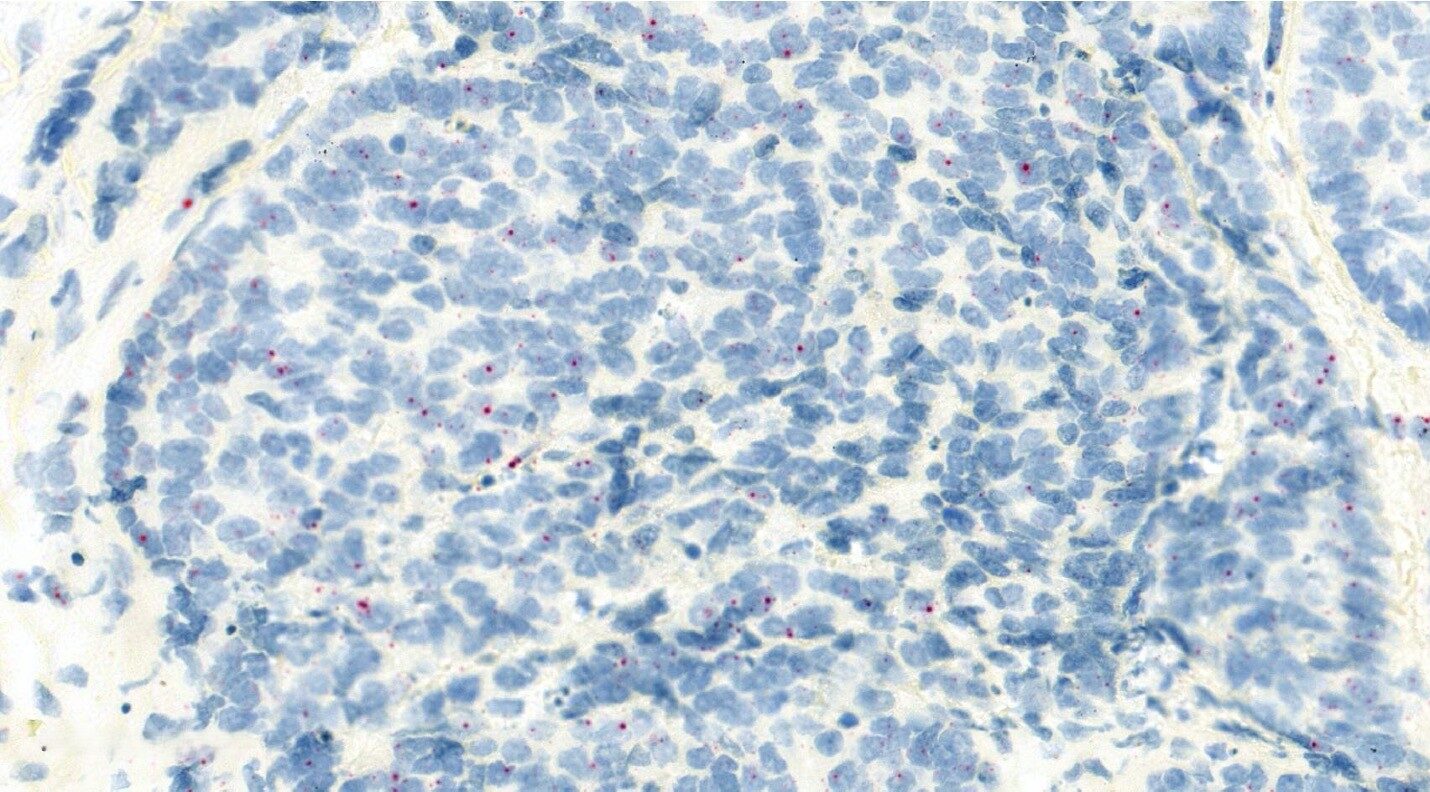Overview
We are driving translational studies in prostate cancer that speak to both local and systemic aggression within the PCUK-funded HYPROGEN trial in Manchester at the Christie NHS Foundation Trust. The biomarker assessments of this trial are designed to answer the question as to how hypoxia can drive chromosomal instability in the primary versus metastases. This is based on our previous work in which we showed that tumour hypoxia is associated with cancer driver mutations and mutational signatures that reflect defects in DNA repair (Bhandari et al.; Nat Genetics 2019, Nature Comms, 2021).
We use a small molecule marker of hypoxia (Pimonidazole), which is administered to prostate cancer patients prior to their treatment with local and systemic treatment for metastatic hormone sensitive, M1 disease or high-risk localised prostate cancer. This allows assessment of hypoxia in biopsy or radical prostatectomy specimens collected as part of their standard treatment. Collaborations within the PCUK-MOVEMBER Belfast-Manchester (FASTMAN) Centre of Excellence alongside detailed analyses with Profs David Wedge (Genomics, Division of Cancer Sciences) and Ananya Choudhury (Translational Biomarkers, Division of Cancer Sciences) and Dr Pedro Oliveira (Pathology, Christie NHS Foundation Trust) are using spatial transcriptomics and MRI-based hypoxic imaging to probe aggression. We wish to clarify the relationship(s) between levels of oxygenation and DNA repair, genome instability and metastatic spread. We hope to develop a biological or imaging biomarker to predict prognosis and to guide new hypoxia-targeted treatment strategies in prostate cancer.





